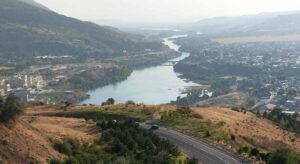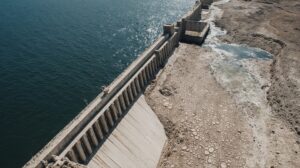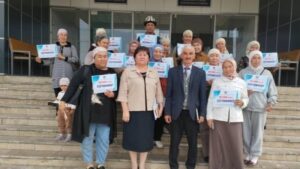Uzbekistan’s President Shavkat Mirziyoyev and German Chancellor Olaf Scholz engaged in high-level discussions in Samarkand, as announced by the press service of the Uzbek President. The negotiations, conducted in a close-format setting with delegation participation, centred on collaborative projects valued at EUR 9bn. The key sectors of these discussions included energy, machine engineering, construction materials, and various industrial fields.
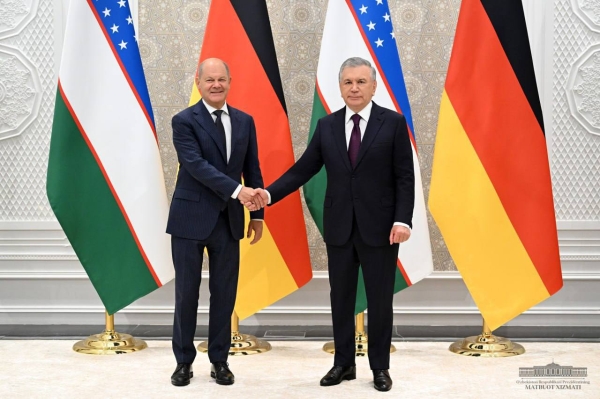
Several major initiatives were unveiled during the discussions:
- Energy sector development: Siemens Energy will lead the construction of combined cycle power plants in Uzbekistan, enhancing the country’s energy infrastructure and efficiency.
- Chemical production: Linde Group is set to participate in a joint venture aimed at producing methanol and ammonia, which are critical for various industrial applications.
- Mining Investments: KfW Ipex-Bank and Giga Fiber will invest in the extraction and processing of copper ore, addressing the growing demand for this essential resource.
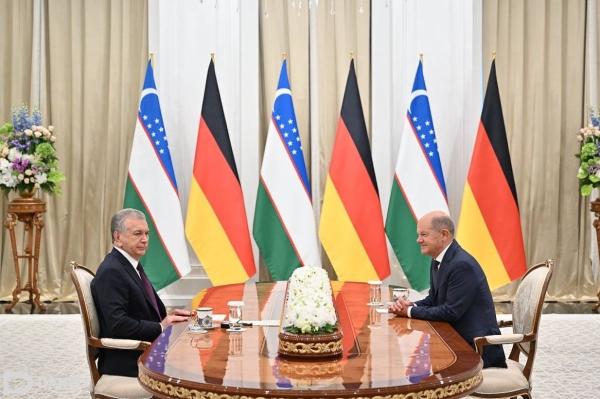
In the realm of transport and logistics, President Mirziyoyev proposed the restoration of direct Lufthansa flights between Germany and Uzbekistan. This move is expected to improve logistical connections and boost economic interactions between the two countries.
A significant outcome of the meetings was the signing of an intergovernmental agreement on labour migration. This agreement outlines a framework for preparing and sending skilled Uzbek professionals to Germany, facilitating the movement of talent and addressing labour shortages in both nations.
In terms of educational cooperation, President Mirziyoyev highlighted that nearly 300,000 young Uzbek nationals are currently studying the German language. Uzbekistan is keen to implement the German dual education system, which combines theoretical education with practical experience. The country is also open to creating conditions for establishing branches of German universities.
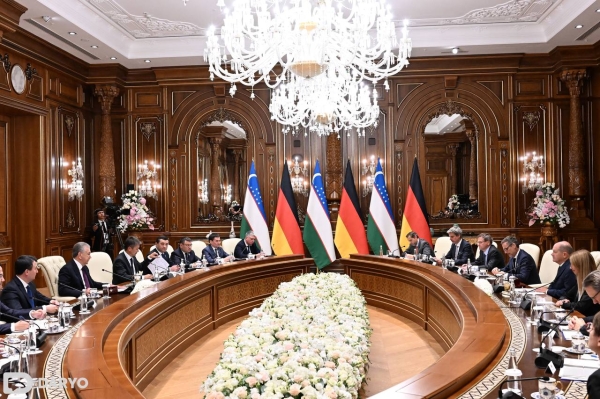
Following the meetings, the leaders signed eight joint documents, which include:
Sustainable water resource management: A declaration on the joint management of water resources, supporting environmental sustainability.
Critical minerals: An agreement to collaborate on the exploration and utilization of critical minerals, important for various industries.
Transport development: An accord to enhance transport infrastructure and connectivity.
Technological partnership: A program outlining the framework for technological and industrial cooperation between Germany and Uzbekistan, extending to 2026.
These agreements reflect a strategic partnership aimed at bolstering economic, educational, and industrial cooperation between Germany and Uzbekistan.
